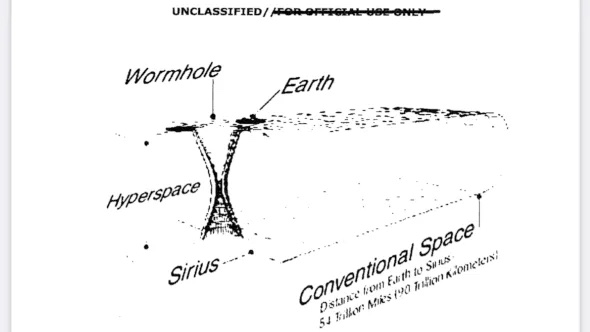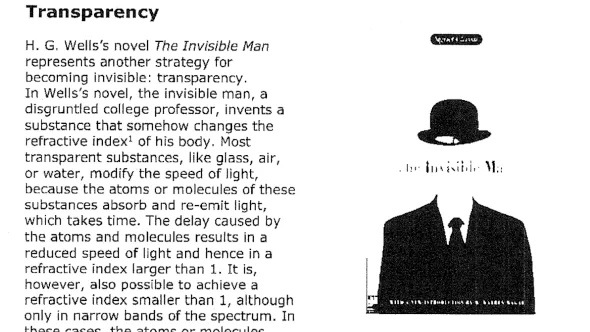JTFMax:
It was a U.S. government secret UFO program. New details have emerged from confidential documents that the Pentagon kept under wraps for years.
Washington, D.C. (USA) - The papers reveal that the U.S. government was not only interested in a possible threat from UFOs. Scientists should also explore strange phenomena like wormholes and invisibility. But the most bizarre suggestion came from the researchers themselves.
The U.S. Defense Intelligence Service (DIA) UFO program was called the Advanced Aviation Threat Identification Program (AATIP). Roughly translated into German as "Advanced Aviation Threat Identification Program." The U.S. edition of The Sun requested and obtained access to the DIA's files four years ago under the Freedom of Information Act.
And they had it all: The Pentagon papers also categorized paranormal encounters with ghosts, yetis, elves, and other mythical beings, crop circles, spontaneous human burns, and abductions by extraterrestrials.

Wormhole
And these are the new details from the documents that the magazine "Vice" first reported on: Among other things, the feasibility of various "advanced technologies" is discussed in the secret reports. In addition, the authors, whose names have been blacked out on the approximately 1,600 pages, write about research topics that could have come from a science fiction film.
There is talk of traversable wormholes, stargates, antigravity, and high-frequency gravitational wave communications. Warp drive, dark energy, and extra dimension manipulation, among other things.
Despite all the fantasies, the authors point out one fact in most of the reports: there is a problem with the practical implementation of advanced technologies. So they report on cloaking devices: "Perfect cloaking devices are impossible since it requires materials where the speed of light approaches infinity.

"The Invisible"
In his 1897 short story, the English writer H.G. Wells (1866 – 1946) describes his "transparency theory." The pioneer of science fiction literature inspired the researchers.
Finally, the authors write not in a literary but in a very realistic way: "Camouflage devices that make objects invisible to microwave-based sensors such as radars and motion detectors are feasible with today's technology."
 Viral News -
-
Technology -
The Moon
bombing
worm-hole
-
2.9K views -
0 Comments -
0 Likes -
0 Reviews
Viral News -
-
Technology -
The Moon
bombing
worm-hole
-
2.9K views -
0 Comments -
0 Likes -
0 Reviews